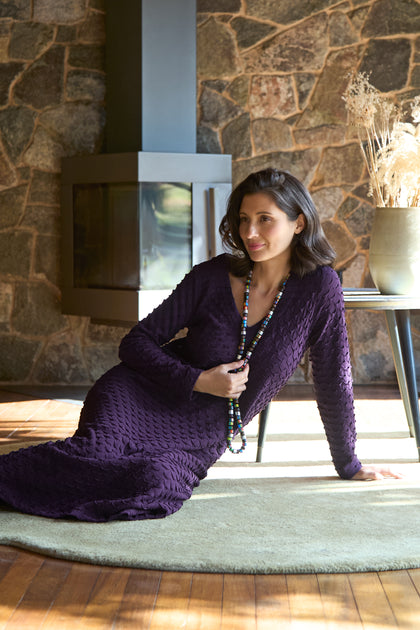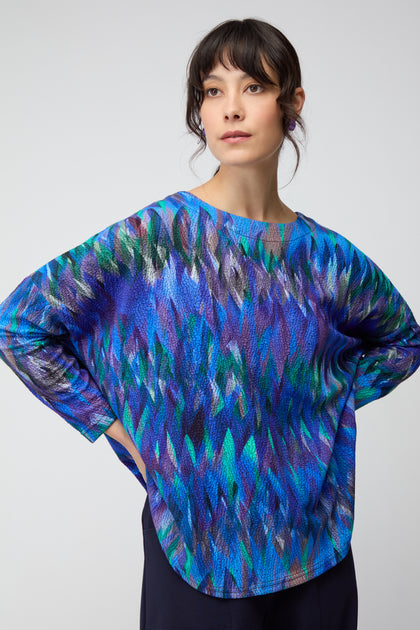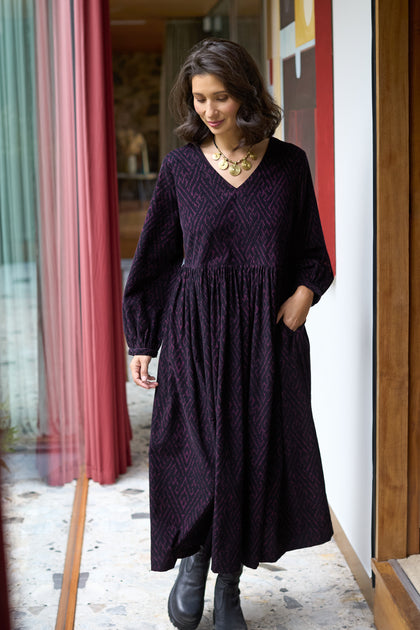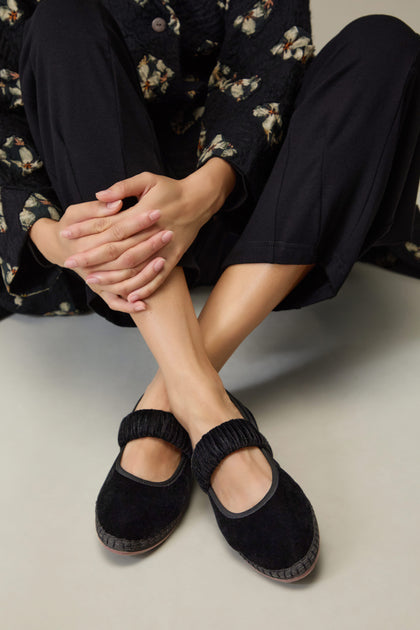Art & Literature
Rebecca Lloyd-Evans, Director | International Women's Day
Article By Sahara .
Mar 4, 2022
Sahara operates as a strong, female-founded business. Progressing the narrative around equality will inevitably lead to change, and we take the opportunity every International Women’s Day to show solidarity.
This year’s theme, Break the Bias, aims to educate on and encourage actively calling out gender bias, discrimination, and stereotyping. Bias, whether intentional or unconscious, makes it difficult for women to move ahead. It is not enough to recognise bias; action is required to level the playing field.
Our contribution to the conversation involves highlighting the thoughts and incredible work of women in creative fields. Hear from a painter, woodworker, potter, photographer and storyteller about how they manage, orchestrate, lead, and make vital decisions regarding their businesses. Learn about their unique journeys, insights around unconscious biases, and visions for an equal future.
-
Bafta-nominated director and casting company co-founder, Rebecca Lloyd-Evans has forged an inspiring path telling human stories. Her projects, a blend of reality and fiction, feature nuanced individuals and situations, using the creative mediums from audio to film to speak to wider issues.
Working in creative fields can often mean a non-linear career path – and your work covers many areas; directing, producing, casting to name a few.
How would you best describe what you do, and how did you come to work within impactful storytelling?
There isn’t a roadmap to follow when it comes to making films or telling stories. I didn’t go to film school or have any formal education in the fields I work in now. I’ve pieced my career together over time by following stories that I’m compelled to tell. There are times that I’ve worried my work is too disparate (I make audio, film, documentary, and fiction) but I’ve come to understand is that each story is best served by a different medium. What connects my work is the way of approaching a story. I don’t come with ‘journalistic impartiality’ - I unashamedly start with my heart.

Rebecca at home in Hackney, London wearing Left - Sahara Stretch Denim Smock Top and Stretch Denim Straight Trouser. Right - Sahara Merino Blend Stripe Sweater.
"Adam and Eve is the prevailing creation myth in our culture. Eve...brings suffering and shame to humanity because she chooses to eat an apple from the tree of knowledge. I can’t help but wonder how different this story would have been if Eve was the one telling it. How different might women and girls feel about themselves if we were told different stories?"
Storytelling has been an incredibly powerful medium throughout history, was there a particular experience or story that moved you in the past?
Humans love stories. They are how we make sense of the world and our place within it. Throughout history, the vast majority of stories, from origin myths to modern films, were created by men; and these stories hold many of the beliefs we live by. For example, Adam and Eve is the prevailing creation myth in our culture. Eve, born out of the body of Adam, brings suffering and shame to humanity because she chooses to eat an apple from the tree of knowledge. I can’t help but wonder how different this story would have been if Eve was the one telling it. How different might women and girls feel about themselves if we were told different stories?
I recently read Braiding Sweetgrass by Robin Wall Kimmerer. She recounts an Indigenous creation myth that she grew up with: the story of Skywoman. A woman who co-creates the Earth with animals, both intricately linked and grateful. As Skywoman hurtles towards the earth, the geese rise up to catch her and soften her landing. A turtle floats to the surface of the water and offers his shell for her to rest upon. The council of animals that had gathered all knew she needed some land on which to make her home, so they took it in turns to dive to the bottom of the water to find some mud. One by one they tried to reach the bottom, but it was just too far and too difficult. In the end the little muskrat, the weakest diver of all, volunteers to try. When he returns to the surface his body is limp but his paw clutches a small fistful of mud. The turtle offers to put the mud on his back. Skywoman spreads the mud across the shell of the turtle. Moved by the extraordinary gifts of the animals, she sings and dances to give thanks, her feet caressing the earth. The land grows and grows from the fistful of mud on Turtle’s back as she dances her thanks until the whole earth is made. Not by Skywoman alone, but from the alchemy of all the animals’ gifts and with her deep gratitude. What’s more, when Skywoman fell from the hole in Skyworld she reached out and grabbed the Tree of Life that grew there, so in her hands were the fruits and seeds of all kinds of plants. She planted these in her new ground and tended to them. The seeds burst into flowers, trees, grasses, medicines... This meant the animals also had plenty to eat and many came to live with her on Turtle Island. Again, how different might women and girls feel about themselves if we were told different stories?

Too often unconscious biases affect how we view ourselves, have you had to overcome biases of your own in order to achieve what you have, either personally or professionally?
I struggled, in fact I still do, with believing I can do the more technical sides of my work, for example picking up a camera or using the editing software. I have had to climb over my own unconscious biases that I wasn’t able, allowed, or good enough to operate the technology, and it turns out I’m much more capable than I feared!
“Parenting, or motherhood in my case, opened doors to people, experiences, and emotions that I hope will make me a more compassionate and brave storyteller.”
What prevailing stereotypes would you like to see broken?
That being a mother is an inconvenient disruption to your working life. Of course ways of working need to be adapted to support parents juggling their working and home lives, and work and life outside work don’t happen in a vacuum or a separation from each other, they can enhance and feed off each other too. Parenting, or motherhood in my case, opened doors to people, experiences, and emotions that I hope will make me a more compassionate and brave storyteller. Plus, perhaps it’s a cliche, but I work more productively and efficiently than I ever did before becoming a mother.

What piece of advice would you give to aspiring younger women in the creative industry?
Don’t underestimate the value of lived experience, whatever that may be. You might work in a bar, as a teaching assistant or in an old peoples’ home to earn some cash - but that will expose you to people and ideas that you might one day write about. Contact people you admire and ask if you can work for them, I learnt so much watching heroes of mine at work. Lastly, try not to compare yourself to others. I know how difficult this one is, but creative careers evolve at all sorts of paces and ways.
Lastly, have you been inspired by another woman working in the creative industry that you’d like to spotlight?
If so, what qualities led you to choose them? I was very lucky to be Penny Woolcock’s (flimmaker, opera director & screenwriter) assistant earlier in my career. I think I learnt more from working with her than any film school could teach. She is brave, endlessly curious, and never gives up. Whether she is directing opera at the MET in NYC or with a homeless chorus in Manchester or making documentaries, fiction films or shorts for a gallery - she only does things she is passionate about. Her work always feels vital. She taught me to not take praise or criticism too seriously but to keep making work that mattered to me. She will also hate me for mentioning her here because she never likes to be highlighted as a ‘female artist’. Men would never be called ‘male artists’. And I agree with her. We’ll know things have really changed for the better when we aren’t singling out female creatives because of their gender!!

Rebecca has created inspiring stories & documentaries individually and through her company, Six Minutes, through film and audio for The Guardian, BBC, BBC Radio 4, Channel 4, BFI and more.
View her work here.
View Six Minutes work here.



